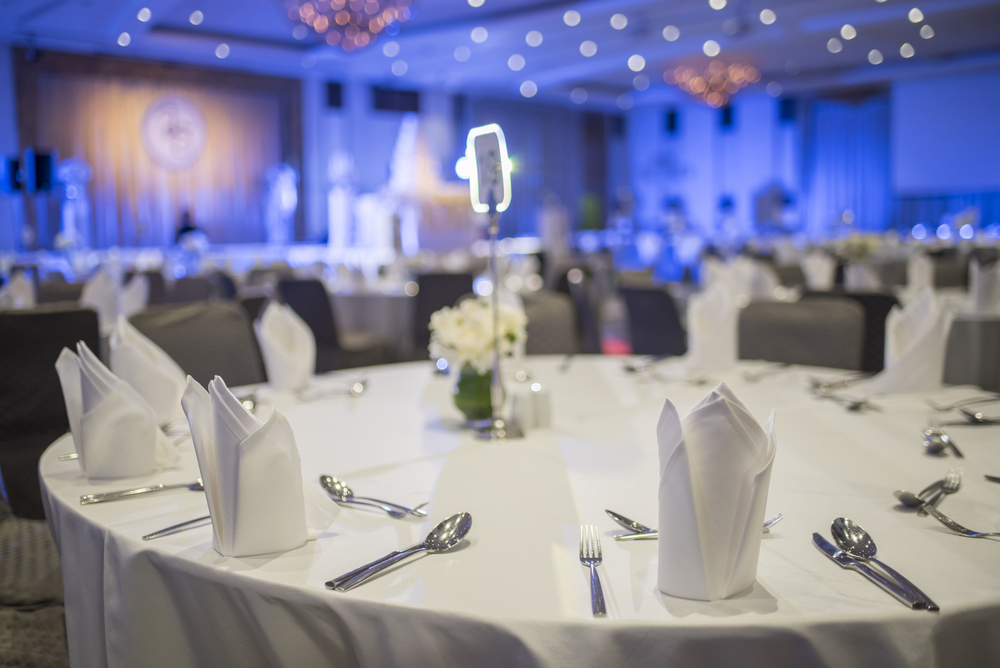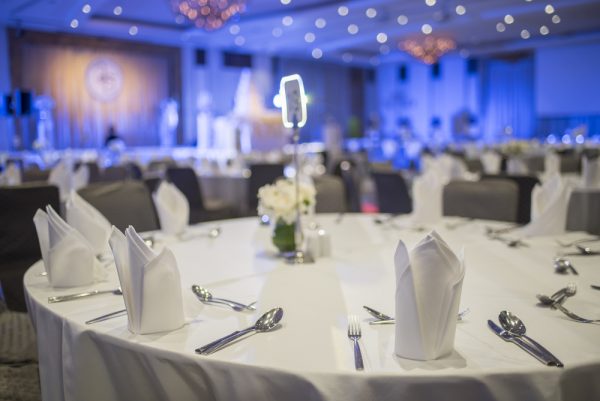The ideal wedding is like a pot of soup, many ingredients make it up. It’s an amiable milestone to be celebrated and thankfully, the market is well stocked and structured to meet the palpable crave pertaining to wedding activities.
Depending on tribe and religion, typical modern day nuptials in Nigeria might be comprised of two or more of the following stages: the introduction, traditional rites, court rites and religious rites. Without celebrations, expenses are nothing to worry about, but since people are given to partying, the costing of wedding checklists range from basic to lavish packages. What comprises a wedding checklist is planned before invitation cards are designed and settling bills go beyond after the guests have received their thank you messages. Items are not limited to wedding rings, invitation cards, the wedding program, wedding attire and tailoring, beauty makeup, venue, decorations, photo- and videography, catering and refreshment, music, and so on.
With respect to revenue generated, the importance of weddings to Nigeria’s economy is vital, churning in millions of naira across the country for every couple that walks down the aisle in glam every Saturday (or any day set for the wedding). Demand for services for each item listed above is creating a source of profit for involved industries which are ever evolving with ideas and trends. Photography, for instance, has the recently added and growing in demand option of pre-wedding photo shoots besides capturing the actual wedding and creating both digital and paperback albums. For music, there are alternatives for DJ services, live performances or a combination of both. Some catering agencies calculate costs of services at the rate of fixed amounts per head of proposed guests to be in attendance. For venues, smart planners are integrating into space renting the options for the supply of seats, tables and decorative services at added costs.
Cost for bridal matters alone takes up a great chunk of the cake. As a norm, the bride’s costume comes in a change of apparels for the day. Makeup consists of the bridal hairdo, the bridal makeup, the makeup for the bridal train and mother of the bride and the bride’s standby makeup artist for the day. The bridal train, usually a bevy of six ladies on the average, and the asoebi color of the day in uniform apparel. Other items include booking of hotel accommodation, car rentals, souvenirs, requirements of the traditional marriage list given by kinsmen, and miscellaneous expenses. These costs don’t even include expenses made on the part of guests.
The Nigerian wedding business is big business and how one can fit into the ideal Nigerian wedding in a bid to carve out a business opportunity can thus be defined. The market is a broad one with demand ranging from relatively new small businesses because of their affordability to the classy touch of professionals. A market survey is required for whatever services one might be able to offer, taking into account target markets (middle-class or opulent for example), standard costs, market for required materials, and whether one can start with sourcing for contracts with a section (say supplying souvenirs, being the makeup artist or photographer), two or more (for example taking on all of the catering, baking, and decoration), or has the ability to take on everything required like wedding planners do. After the survey, reach out to potential clients, it is easier to start with family and friends and grow from there. This wedding checklist could serve as a guide to starting a new business in this field.


